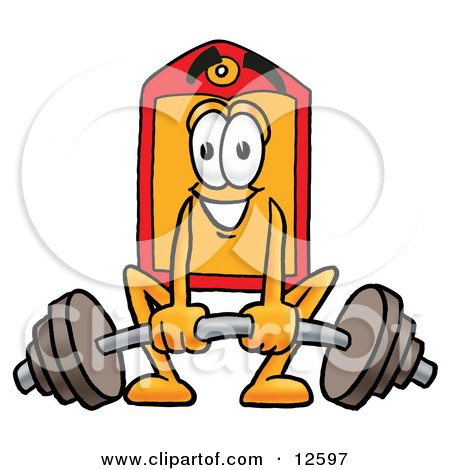I completely agree with Michelle in that if you find a product brand that you like, you are more likely to stick with it. This is not to say that that will be the only company I ever buy from, but it means that between that company and another at a given price for a similar product, I would go with the company that I enjoy and because I have had good experiences with in the past and that I know is safe and reliable. One of my favorite foods is peanut butter. I put peanut butter on many things and find it goes great with a myriad of food. I used to only buy Skippy peanut butter, as it was on the cheaper side and was convenient and found everywhere. A couple of years ago I decided to try an all natural peanut butter, and saw Teddie brand. Ever since I bought that peanut butter, I have never bought another brand. I think it is more delicious, has more flavor, is more healthy, and only has one ingredient. I know this brand is safe and reliable to give me high quality peanut butter every time, so I stick with Teddie.
I also like to stick with Google products. I have always used the Google search for anything I needed to look up, and due to my success with the search, I have began using its other products. I recently began using Chrome instead of Internet Explorer, Picasa instead of Microsoft Photo editor, and Google maps instead of MapQuest. I have had great success with these products and will continue to stick with Google for any other products they may come out with. I believe that having a good, recognizable brand name with the reputation to back it up plays a crucial role in using a company's product. Do you agree with me and Michelle in that many consumers have brand loyalty and stick with a particular company?
